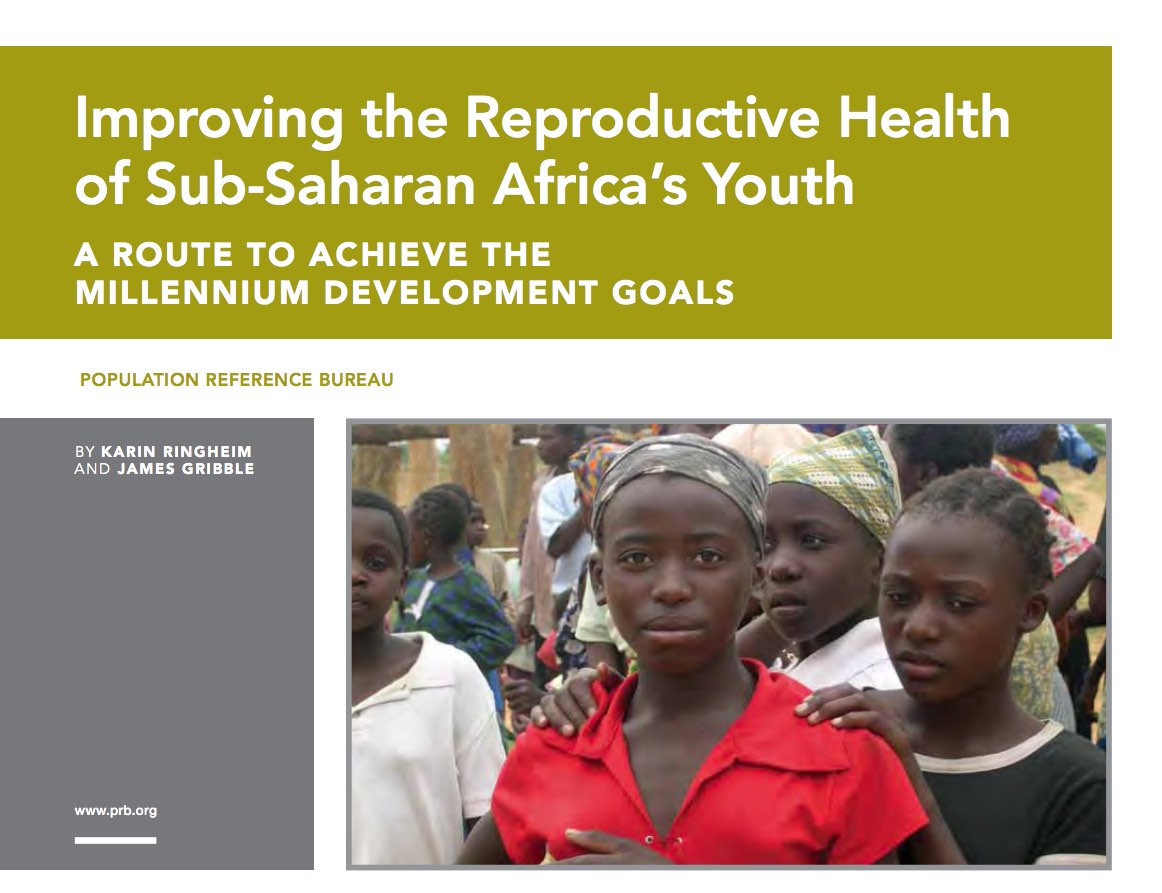Some Kenyan Children Are Not in School Despite Free Primary Education
(2013) Despite a free primary education policy introduced by the Kenyan government in 2003, a substantial number of children who should benefit from it are still out of school, even though gains have been made between 1998 and 2009.



